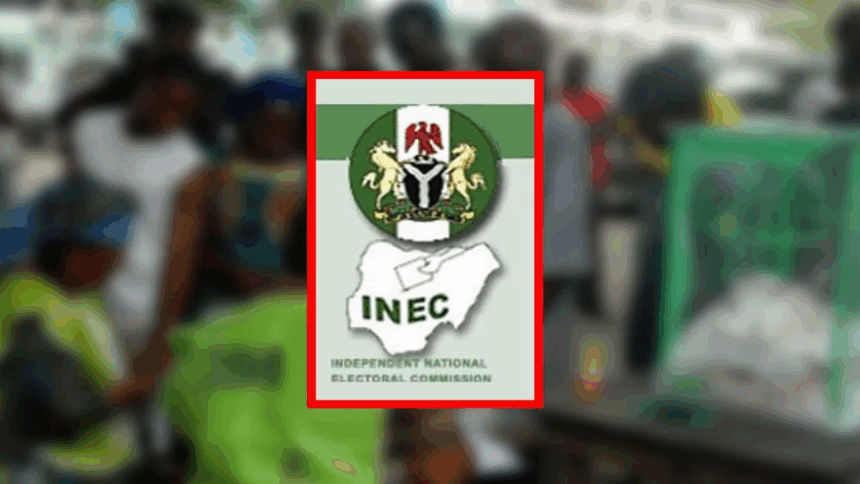-
Former INEC technical adviser projects ₦870bn cost for 2027 polls due to inflation, logistics.
-
BVAS and biometric systems expected to take over 35% of total budget.
-
Calls for early release of election funds as required under Electoral Act 2022.
The Independent National Electoral Commission (INEC) may require about ₦870 billion to conduct the 2027 general elections, according to a projection by Prof. Bolade Eyinla, former Chief Technical Adviser to outgoing INEC Chairman, Prof. Mahmood Yakubu.
Prof. Eyinla made the disclosure in Abuja during the Yiaga Africa 2027 Elections Scenarios and Election Manipulation Risk Index (EMRI) Retreat, explaining that the estimated cost reflects Nigeria’s increasing voter population, inflation, and the huge logistics of organising elections across the country’s vast terrain.
ATTENTION: Click “HERE” to join our WhatsApp group and receive News updates directly on your WhatsApp!
“Considering inflation, currency fluctuations, and expansion in electoral operations, ₦870 billion is a realistic projection,” Eyinla stated. “On a per-voter basis, the cost is approximately $6.72, which falls within international standards for transitional democracies.”
He described Nigeria’s general elections as one of the largest civilian operations globally, requiring immense human, technological, and financial resources.
Rising Cost and Technological Demands
Eyinla recalled that Nigeria spent ₦109 billion in 2015, ₦189 billion in 2019, and ₦355 billion in 2023, noting that the steady rise was due to economic pressures and voter expansion.
He added that key technologies such as the Bimodal Voter Accreditation System (BVAS), Automatic Finger Identification System (AFIS), and Automatic Biometric Identification System (ABIS) — which accounted for about 35% of the 2023 election budget — would likely cost even more in 2027.
READ ALSO: TRAGEDY: 20 Young Children Die After Consuming Toxic Cough Syrup in India
“Deploying personnel and materials to more than 200,000 polling locations, including remote, riverine, mountainous, and conflict-prone areas, involves enormous planning and security logistics,” he said. “INEC depends on service providers for vehicles, boats, aircraft, and armed escorts to ensure safe and timely delivery.”
Nigeria Among Most Cost-Efficient in Africa
Comparing Nigeria’s projected per-voter election cost with other African democracies, Eyinla said the country remains one of the most cost-efficient.
“In Kenya, the cost per voter was $25.9 in 2017 and $14.9 in 2022; Ghana spent $13.1 per voter in 2016 and $7.7 in 2020; while South Africa’s 2019 and 2024 elections cost $5.1 and $7.1 respectively. Liberia’s 2023 poll cost $22 per voter,” he explained.
He stressed that Nigeria’s cost efficiency is notable given its over 93 million registered voters, 176,846 polling units, and 1,558 electoral constituencies.
Call for Early Funding and Transparency
Prof. Eyinla reminded policymakers that under Section 3(3) of the Electoral Act 2022, all election funds must be released at least one year before polling. He urged that INEC’s 2027 election budget be appropriated across 2025, 2026, and 2027 fiscal years to ensure proper planning and prudent management.
“Prudent management of resources is key to ensuring cost-effectiveness without compromising the integrity of elections,” he advised.
He further called for early budgetary planning and transparency to maintain public trust and safeguard the credibility of the 2027 general elections.


